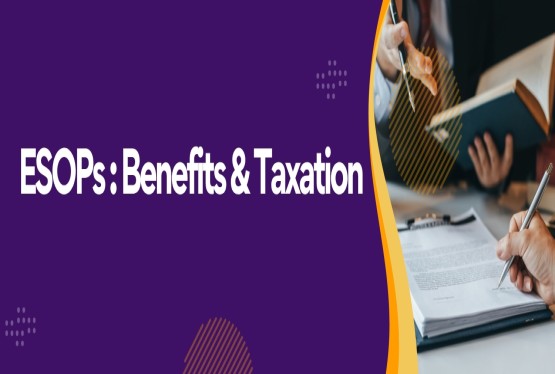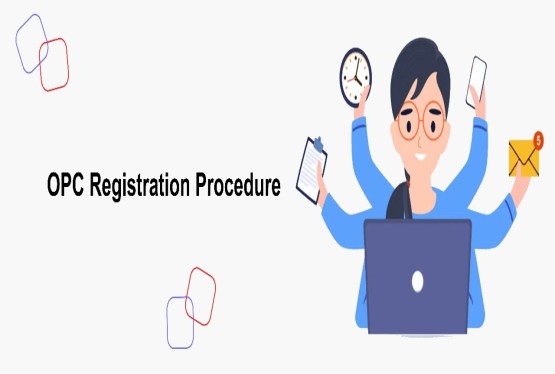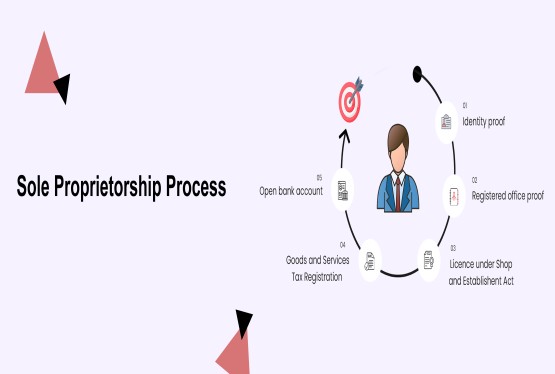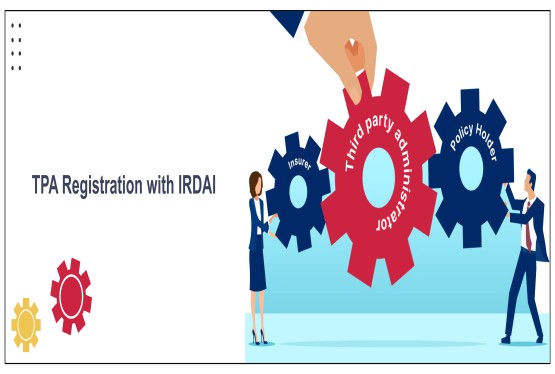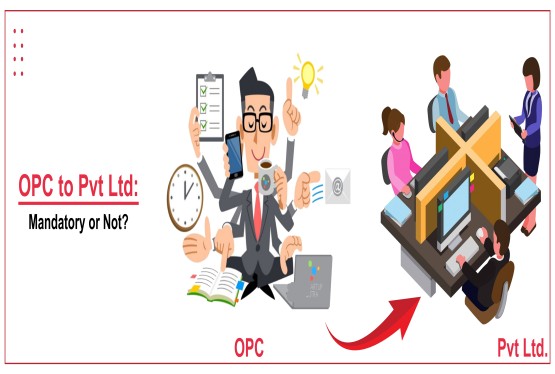The Foreign Contribution Regulation Act (FCRA) is a basis of financial governance for non-governmental organizations (NGOs) in India. With international funding playing a significant role in supporting charitable initiatives, it is important for NGOs to the legal set forth by the FCRA effectively. This article provides an in-depth look at FCRA's objectives, requirements, and implications, ensuring NGOs remain compliant while maximizing their impact.
What is the FCRA?
The Foreign Contribution Regulation Act (FCRA) was enacted by the Indian government in 1976 and amended in 2010 to regulate the acceptance and utilization of foreign contributions by individuals, associations, and NGOs. Its primary purpose is to ensure that foreign funds do not adversely influence India’s sovereignty, security, or internal affairs.
NGOs receiving international donations must register under FCRA to ensure transparency and accountability in utilizing funds. Additionally, the Act outlines conditions under which organizations can use foreign contributions and prohibits funding that may harm national interests.
Objectives of the FCRA
The FCRA aims to strike a balance between encouraging foreign donations for developmental purposes and protecting national interests. Its objectives include:
-
Regulating the receipt and usage of foreign contributions.
-
Preventing the misuse of foreign funds for activities detrimental to India’s interests.
-
Ensuring transparency and accountability in foreign funding.
-
Establishing a legal framework for NGOs to comply with guidelines.
By enforcing these objectives, the FCRA promotes trust in NGOs while ensuring alignment with India’s social and economic policies.
Who Needs FCRA Registration?
Organizations involved in charitable, educational, religious, social, or cultural activities that wish to accept foreign donations must obtain FCRA registration. These include:
-
NGOs and voluntary organizations.
-
Societies, trusts, and Section 8 companies.
-
Universities and educational institutions receiving foreign funds for research or development.
Even individuals receiving significant foreign contributions for specific purposes must comply with FCRA guidelines.
Types of FCRA Registration
There are two main types of FCRA registration:
1. Prior Permission:
This is for NGOs that are newly established or require one-time approval for receiving foreign funds. It is granted on a case-to-case basis, depending on the purpose and source of the donation.
2. Permanent Registration:
Permanent FCRA registration is suitable for well-established organizations with proven records of social work. It is valid for five years and renewable thereafter.
Eligibility Criteria for FCRA Registration
To qualify for FCRA registration, NGOs must meet the following criteria:
-
Must have been operational for at least three years.
-
Must have undertaken substantial charitable activities using locally sourced funds.
-
Should have a minimum expenditure of Rs.10 lakh on activities over the past three years.
Additionally, NGOs applying for prior permission must specify the purpose of the foreign contribution and demonstrate a track record of compliance with financial regulations.
The Application Process for FCRA Registration
The process of obtaining FCRA registration involves the following steps:
1. Preparation of Documents:
-
Registration certificate of the organization.
-
Audited financial statements for the past three years.
-
Details of key members, including their identity proofs.
-
Specific project proposal for the intended use of foreign contributions.
2. Filing the Online Application:
The application must be submitted through the Ministry of Home Affairs (MHA) website using Form FC-3. Applicants should ensure all details are accurate and consistent with supporting documents.
3. Fee Payment: Pay the applicable fee for processing the registration request.
4. Verification and Inspection:
The MHA reviews the application, verifies the authenticity of documents, and may conduct an inspection of the NGO’s operations before granting registration.
5. Approval:
If all conditions are met, the NGO receives FCRA registration, enabling it to receive foreign contributions legally.
Compliance Requirements Under FCRA
Once registered, NGOs must adhere to the following compliance obligations:
-
Annual Returns: File annual returns detailing foreign contributions received, sources, and utilization using Form FC-4.
-
Designated Bank Account: Maintain a single designated bank account exclusively for foreign contributions to ensure proper tracking.
-
Utilization Restrictions: Foreign funds must only be used for purposes outlined during registration and cannot be diverted to unrelated activities.
-
Renewal of Registration: FCRA registration must be renewed every five years, with the application filed at least six months before expiration.
-
Intimation of Changes: Notify the MHA of any changes in organizational structure, key members, or bank account details within a specified timeframe.
Failure to comply with these requirements may lead to penalties or cancellation of registration.
Amendments to FCRA: Implications for NGOs
The FCRA (Amendment) Act, 2020 introduced significant changes impacting NGOs. Key highlights include:
-
Cap on Administrative Expenses: NGOs can now spend only 20% of foreign contributions on administrative expenses, compared to the earlier 50%.
-
Restriction on Sub-Granting: NGOs are prohibited from transferring foreign funds to other organizations, ensuring direct accountability for their usage.
-
Mandatory Aadhaar for Key Members: The Aadhaar details of key office bearers must be submitted for verification.
-
Exclusive Bank Account in SBI, New Delhi: NGOs must open an FCRA bank account at the designated State Bank of India (SBI) branch in New Delhi for receiving foreign contributions.
These changes aim to enhance transparency while placing additional responsibilities on NGOs to ensure compliance.
Challenges Faced by NGOs Under FCRA
While FCRA facilitates foreign funding, NGOs often encounter challenges such as:
-
Lengthy Approval Process: The application process can be time-consuming, delaying access to crucial funding.
-
Stringent Compliance Requirements: Regular audits, reporting, and record-keeping demand significant administrative resources.
-
Impact of Amendments: The 2020 amendments have restricted flexibility in fund utilization, affecting NGOs' ability to allocate resources effectively.
-
Cancellation Risks: Even minor violations of FCRA guidelines can result in the cancellation of registration, disrupting NGO operations.
To overcome these challenges, NGOs must build robust compliance frameworks and maintain proactive communication with regulatory authorities.
Best Practices for FCRA Compliance
To ensure smooth operations and avoid penalties, NGOs should adopt the following best practices:
-
Maintain Accurate Records: Keep detailed documentation of foreign contributions and expenditures.
-
Conduct Internal Audits: Regularly review financial and operational records to identify and address discrepancies.
-
Engage Professional Help: Seek assistance from legal and financial experts to navigate complex compliance requirements.
-
Stay Updated: Monitor changes in FCRA regulations to ensure timely adjustments to internal policies.
-
Strengthen Governance: Implement strong governance structures to enhance accountability and minimize risks.
Penalties for Non-Compliance
Non-compliance with FCRA can lead to severe consequences, including:
-
Monetary fines or penalties.
-
Suspension or cancellation of registration.
-
Prosecution under applicable laws for misusing foreign contributions.
Such penalties can harm the reputation and operations of NGOs, underscoring the importance of strict adherence to FCRA guidelines.
Conclusion
The Foreign Contribution Regulation Act (FCRA) plays a vital role in fostering transparency and accountability among NGOs receiving foreign contributions. While its requirements may seem stringent, they are essential for safeguarding national interests and promoting responsible philanthropy.
By understanding FCRA’s objectives, registration process, and compliance obligations, NGOs can build trust with donors and ensure the sustainable impact of their initiatives. With careful planning and adherence to best practices, NGOs can effectively navigate the FCRA framework, paving the way for meaningful social development in India.
FAQs
Q1. What is the purpose of the FCRA?
Ans. The FCRA regulates foreign donations to ensure that they are used for legitimate purposes and do not harm national interests.
Q2. Who needs FCRA registration?
Ans. Any NGO, trust, or society intending to receive foreign contributions must obtain FCRA registration.
Q3. What is the validity period of FCRA registration?
Ans. FCRA registration is valid for five years and must be renewed before expiry to continue receiving foreign funds.
Q4. Can NGOs accept foreign contributions without FCRA approval?
Ans. No, it is illegal for NGOs to accept foreign contributions without prior approval or FCRA registration.
Q5. What are the penalties for FCRA violations?
Ans. Penalties include cancellation of registration, fines, and possible legal action against the organization and its office-bearers.












_crop10_thumb.jpg)





_crop10_thumb.jpg)




























-Form_crop10_thumb.jpg)

_crop10_thumb.jpg)























_learn_crop10_thumb.jpeg)































_crop10_thumb.jpg)

_crop10_thumb.jpg)





















_crop10_thumb.jpg)















_for_Foreign_Directors_learn_crop10_thumb.jpeg)




_Act,_2015_learn_crop10_thumb.jpg)
































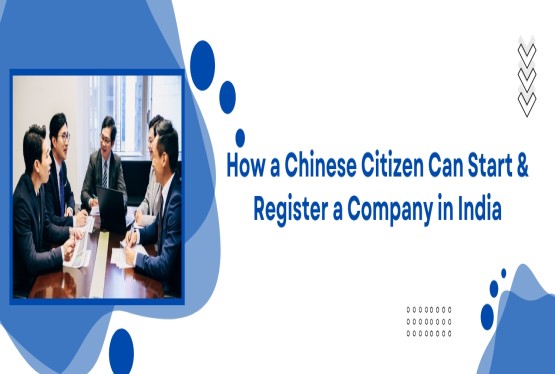
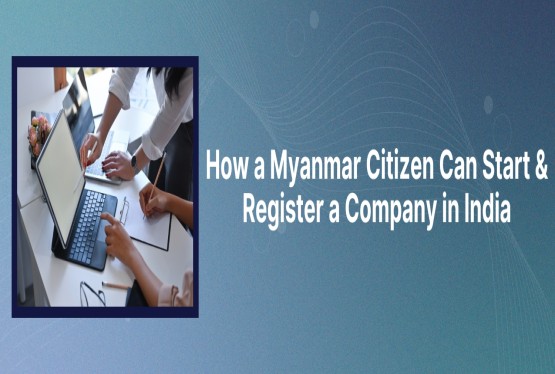
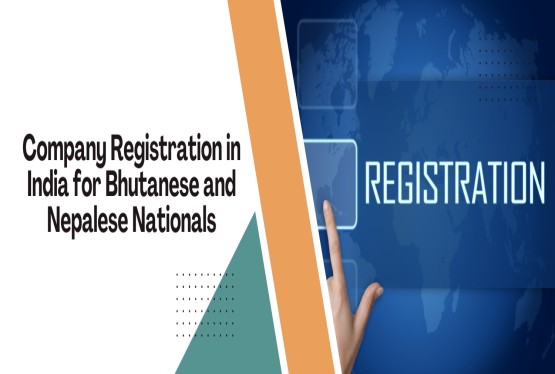
_learn_crop10_thumb.jpg)

















